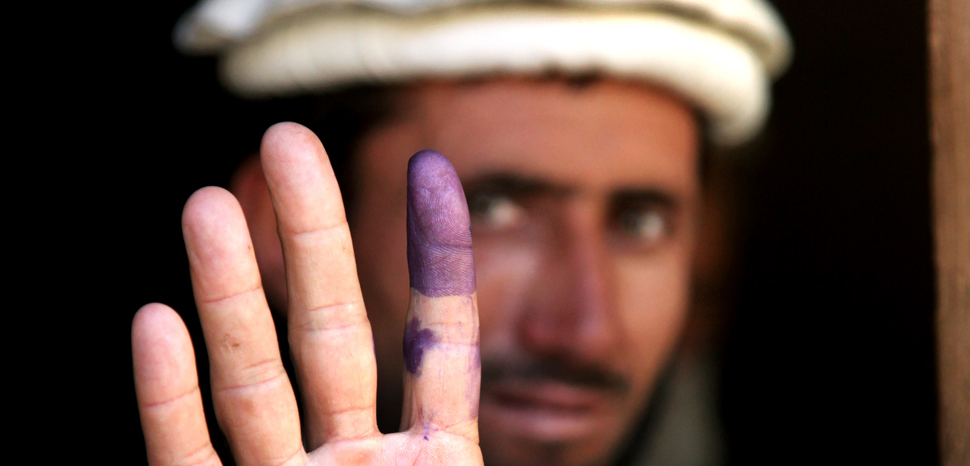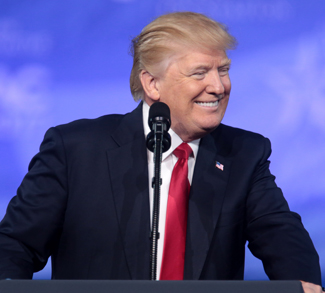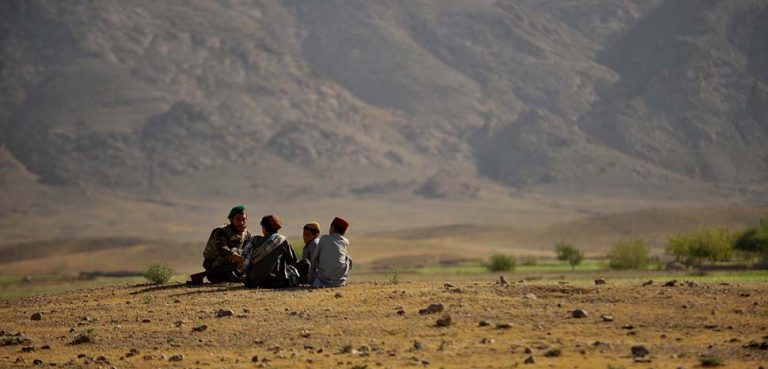Summary
President Trump sought to pull the remaining US troops out of Afghanistan in a grandiose swoop of high-level diplomacy. The attempt has since collapsed into a mushroom cloud of angry tweets and political recriminations. It’s unlikely to be revived anytime soon.
Afghans came out to select a new president in the final week of September; at least, some of them did. It was the lowest turnout in the democratic era. And what’s more, all indications suggest that the poll will merely produce the exact same kind of executive deadlock that occurred in 2014.
The Taliban currently control 46% of the country’s territory – more than at any other point of the conflict.
Finally, Islamic State continues to make inroads and has emerged as a major player in the civil war, regardless of whether or not the Taliban eventually sign off on a peace initiative (in fact, a peace treaty further swell ISIS’ ranks with disillusioned Taliban radicals).
In short, it’s business-as-usual in America’s longest war.
Impact
Presidential elections play out as expected: chaotic, fraudulent, and now widely disputed. Afghan voters cast their ballot for a new president at the end of September. It is a two-round system; if neither candidate receives over 50% in the first round, a second round of voting will be held in November. The official results are expected to be announced on October 19.
But that hasn’t stopped both sides from prematurely declaring victory.
Before the ink had even dried on the ballots, representatives of both President Ashraf Ghani and Chief Executive Abdullah Abdullah were claiming a decisive win. Recall that this two-headed executive is already the result of a disputed poll the last time around, with the slipshod compromise agreement calling for the creation of a new ‘chief executive’ position roughly analogous to the presidency ultimately being the only way to break the stalemate.




